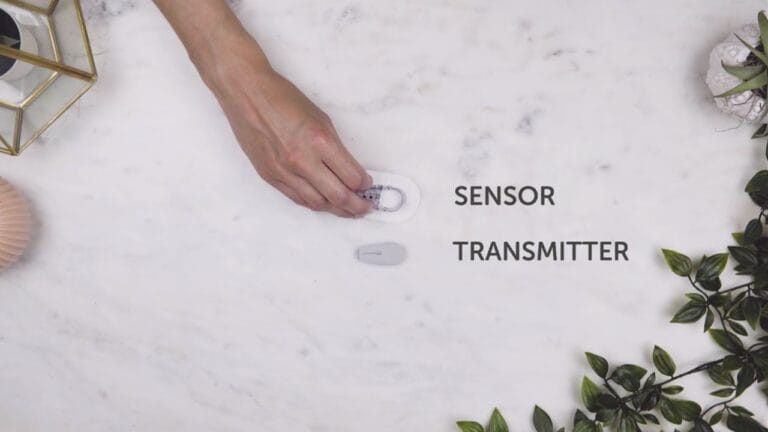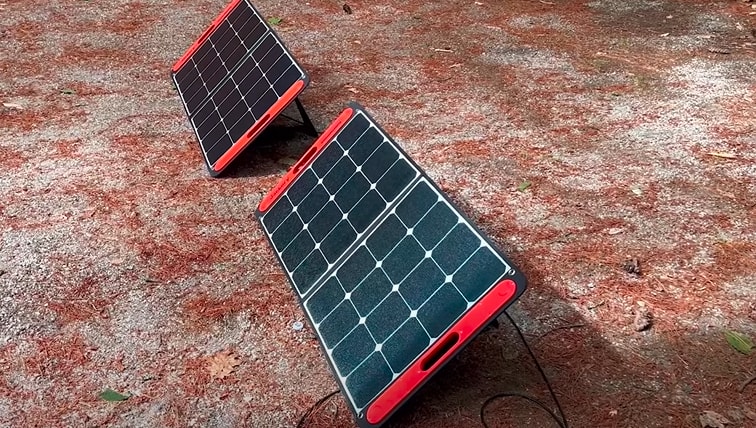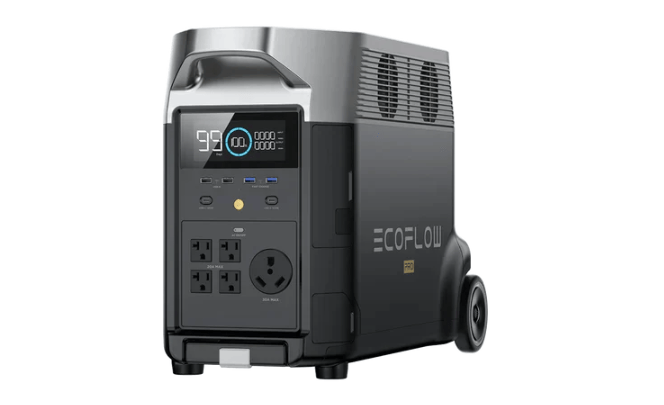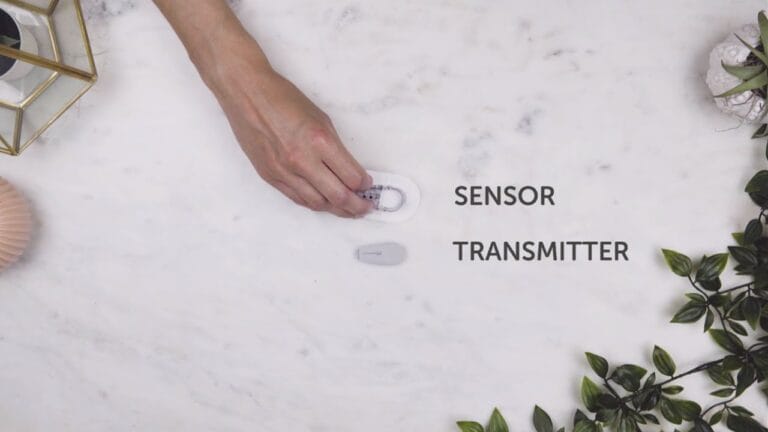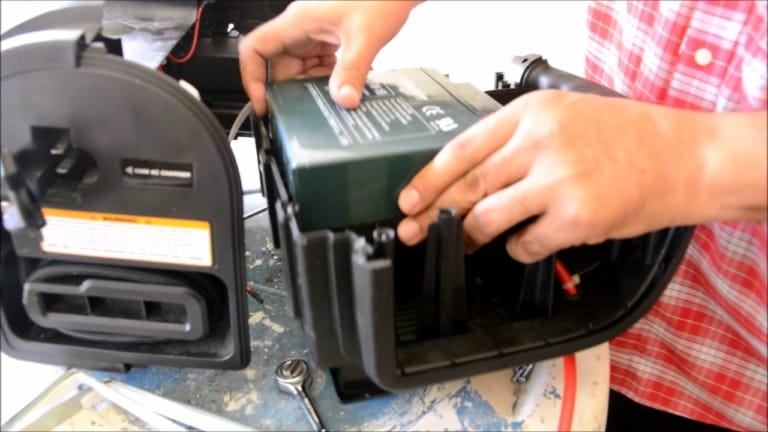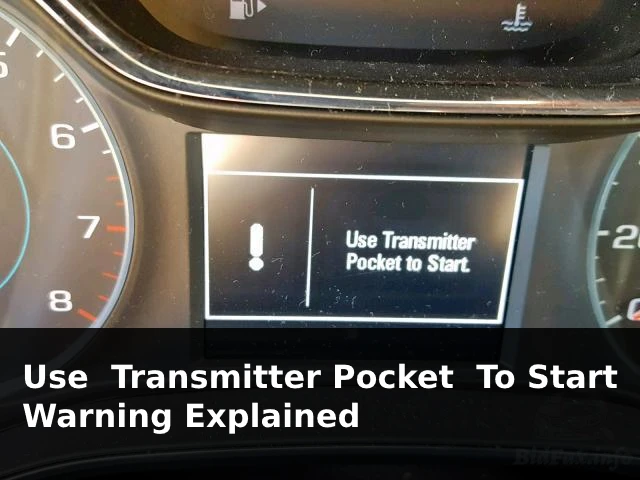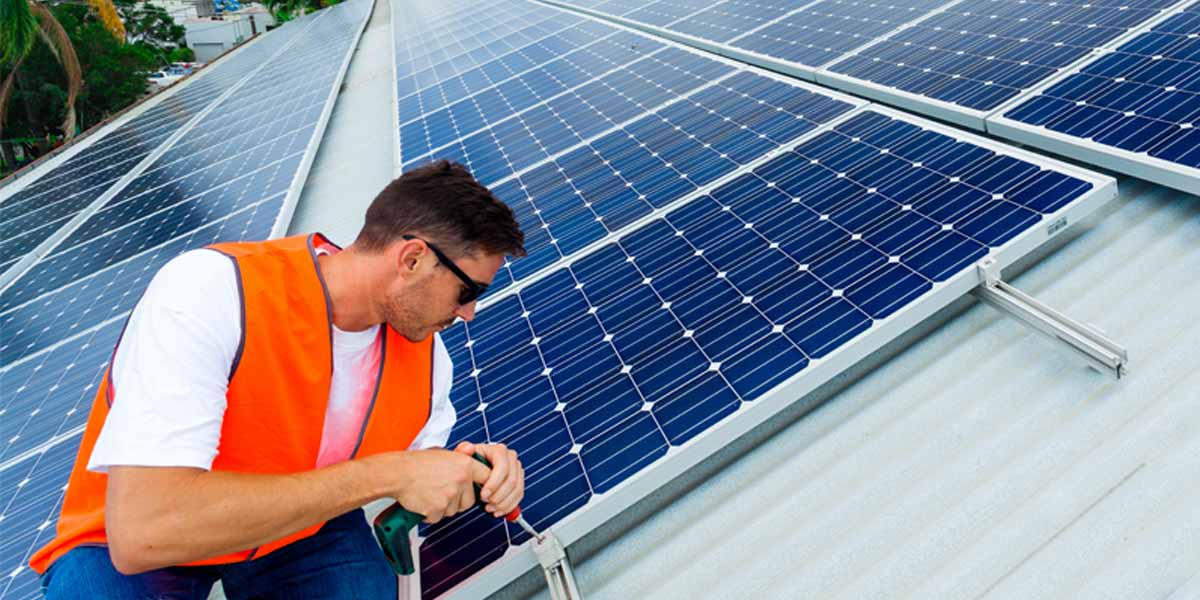
Have you ever wondered what the warranty of a solar generator typically covers? Well, you’ve come to the right place! In this article, we’ll dive into the ins and outs of solar generator warranties and give you a clear understanding of what you can expect.
Now, you might be thinking, “Why is this important?” The warranty is like a safety net that protects your investment in a solar generator. It ensures that if anything goes wrong, you’re covered. So, let’s explore what exactly the warranty covers and how it can give you peace of mind.
Whether you’re an avid adventurer or someone who values preparedness, understanding solar generator warranties is crucial. So, let’s get started and discover what’s included in the warranty of a typical solar generator.
What Does the Warranty of a Solar Generator Typically Cover?
A solar generator warranty typically covers the following aspects: the solar panels, battery, inverter, charge controller, and any other components. The warranty may include repairs, replacements, or refunds for defects or damage that occur within a specified period.
It’s important to read the warranty carefully to understand its duration, coverage limitations, and any conditions that may void the warranty. Make sure to also confirm if the warranty is transferable or only applies to the original purchaser.
1. Manufacturer’s Coverage
Typically, the warranty of a solar generator covers manufacturing defects that may occur within a specific timeframe, such as one year or more.
This coverage includes components like the solar panels, power inverter, battery, and other essential parts of the generator. If any of these components malfunction or fail due to a manufacturing defect, the warranty will cover the repair or replacement costs.
The manufacturer’s coverage also extends to workmanship issues, ensuring that the generator is properly assembled and functions as intended. If there are any problems with the assembly or if the generator fails to operate correctly due to workmanship errors, the warranty will cover the necessary repairs or replacements.
It’s important to note that the manufacturer’s coverage often comes with specific limitations and exclusions. These may include damage caused by improper handling or use, natural disasters, or unauthorized modifications. It’s crucial to carefully review the warranty document to understand the terms and conditions of the coverage provided.
2. Performance Guarantee
In addition to covering manufacturing defects, the warranty of a solar generator typically includes a performance guarantee.
This guarantee ensures that the generator will meet certain performance standards outlined by the manufacturer. For example, it may guarantee that the generator will produce a specific amount of power or maintain a certain level of efficiency over a specific period.
If the generator fails to meet these performance standards, the warranty will cover the necessary repairs or replacements to bring it back to the promised level of performance. This can be particularly important if you heavily rely on your solar generator for powering essential devices or during outdoor activities where a reliable power source is necessary.
It’s worth noting that the performance guarantee may come with conditions, such as proper installation or regular maintenance. Failing to meet these requirements may void the warranty, so it’s crucial to follow the manufacturer’s guidelines to ensure continued coverage.
3. Battery Warranty
The battery is a crucial component of a solar generator, as it stores the energy captured by the solar panels for later use. Therefore, most solar generator warranties include a separate warranty specifically for the battery. This warranty typically covers defects or malfunctions that may occur within a specified timeframe.
The battery warranty may also include a guaranteed number of charge cycles. Charge cycles refer to the number of times the battery can be charged and discharged before its capacity begins to degrade significantly. If the battery’s capacity drops below a certain threshold within the warranty period or the number of guaranteed charge cycles is not reached, the warranty will cover the replacement of the battery.
However, it’s important to note that the battery warranty may be shorter than the overall warranty of the solar generator.
This is because batteries tend to have a shorter lifespan compared to other components. Be sure to check the specific terms of the battery warranty and consider the longevity of the battery when making your purchase decision.
4. Extended Warranty Options
While solar generators typically come with a standard warranty, some manufacturers offer extended warranty options for additional coverage. These extended warranties often come at an extra cost but provide extended periods of coverage, giving you peace of mind for a longer duration.
Extended warranty options may also include added benefits, such as faster response times for repairs or replacements and priority access to customer support.
Considering the investment in a solar generator and the critical role it plays in providing power, an extended warranty can be a worthwhile investment for added protection and support throughout the lifespan of the generator.
When considering an extended warranty, be sure to review the terms, conditions, and costs associated with the coverage. Evaluate your specific needs and usage patterns to determine if the added benefits justify the additional investment.
5. Registration and Proof of Purchase
In order to activate and benefit from the warranty coverage, it is typically required to register the solar generator with the manufacturer within a specified timeframe. This ensures that you are eligible for warranty service in case of any issues. Failure to register the generator within the designated period may result in voiding the warranty.
Additionally, manufacturers often require proof of purchase, such as a receipt or invoice, to validate the warranty coverage. It is important to keep these documents safe to ensure that you can easily access them if needed for warranty claims or service requests.
By understanding what the warranty of a solar generator typically covers, you can make an informed decision when purchasing one.
Remember to thoroughly read the warranty document provided by the manufacturer to understand the specific terms, limitations, and exclusions. Don’t hesitate to reach out to the manufacturer or authorized dealers if you have any questions or concerns.
Factors to Consider When Choosing a Solar Generator Warranty
When investing in a solar generator, the warranty plays a crucial role in ensuring that your purchase is protected and that you have peace of mind. However, not all warranties are created equal. To choose the best solar generator warranty for your needs, consider the following factors:
1. Length of Warranty Coverage
The duration of the warranty is an essential factor to consider. Solar generator warranties can range from one year to several years. Ideally, you want a warranty that provides coverage for a reasonable period. Longer warranties indicate the manufacturer’s confidence in the quality and performance of their product.
Consider your intended usage and the lifespan of the solar generator when evaluating the length of warranty coverage. If you plan to use the generator frequently or rely on it as a primary power source, a longer warranty period can provide added assurance.
2. Manufacturer Reputation
Research the reputation of the solar generator manufacturer before making a purchase decision. Look for customer reviews, ratings, and feedback about their products and warranty service. A reputable manufacturer with positive reviews is more likely to stand behind their warranty and provide prompt and reliable assistance when needed.
Check if the manufacturer has a dedicated customer support team and their availability hours. It’s also helpful to determine if they have authorized service centers or repair facilities in your area. Quick and convenient access to warranty service can be crucial if any issues arise with your solar generator.
3. Warranty Coverage and Limitations
Thoroughly review the warranty document to understand the coverage and any limitations or exclusions.
Pay attention to what specific components are covered, such as the solar panels, power inverter, battery, and other essential parts. Ensure that common issues like manufacturing defects and workmanship errors are covered.
Also, consider any limitations or exclusions mentioned in the warranty. For example, some warranties may not cover damage caused by improper handling, natural disasters, or unauthorized modifications. Understanding these limitations will help you make an informed decision and avoid any potential issues with future warranty claims.
4. Additional Benefits
Some solar generator warranties may come with additional benefits that can enhance your ownership experience. These benefits can include faster response times for repairs or replacements, priority access to customer support, or even discounted replacements for certain components.
Consider whether these added benefits align with your needs and priorities. For those who heavily rely on their solar generator or plan to use it in demanding outdoor situations, benefits like faster response times and priority support may be valuable.
5. Extended Warranty Options
Find out if the manufacturer offers extended warranty options. These extended warranties can provide additional coverage beyond the standard warranty period, offering peace of mind for a longer duration. Evaluate the coverage, costs, and benefits associated with extended warranties to determine if they are worth the investment.
Keep in mind that extended warranties may also come with certain conditions and limitations, so it’s essential to review the terms carefully. Assess your usage patterns, long-term plans, and the investment you’ve made in the solar generator to determine if an extended warranty is a wise choice.
By considering these factors when choosing a solar generator warranty, you can ensure that your investment is protected and that you have reliable support throughout the lifespan of your solar generator.
Tips for Maximizing Solar Generator Warranty Coverage
To make the most of your solar generator warranty and ensure that you receive the necessary coverage when needed, consider the following tips:
1. Read and Understand the Warranty Document
Thoroughly read and understand the warranty document provided by the manufacturer. Pay attention to the coverage, limitations, and any requirements or conditions for the warranty to remain valid. By knowing the terms and conditions, you can avoid unintentionally voiding the warranty and ensure that you are eligible for coverage.
2. Register Your Solar Generator
Register your solar generator with the manufacturer within the specified timeframe. This step is often essential to activate the warranty coverage. Failing to register your generator may result in the warranty being voided. Follow the manufacturer’s instructions to complete the registration process accurately.
3. Keep Proof of Purchase
Keep all proof of purchase documentation, such as receipts or invoices, in a safe and accessible place. These documents may be required to validate your warranty coverage when filing a claim or requesting warranty service. Having them readily available will ensure a smooth process and prevent any delays in receiving the necessary assistance.
4. Perform Regular Maintenance
Follow the manufacturer’s recommended maintenance guidelines to keep your solar generator in optimal condition. Regular maintenance can help prevent issues and ensure that your generator operates efficiently. Some warranties may include maintenance requirements as a condition for coverage, so be sure to adhere to these guidelines.
5. Contact Authorized Service Centers
If you encounter any issues with your solar generator covered by the warranty, contact authorized service centers recommended by the manufacturer. These service centers have the necessary expertise and knowledge to handle repairs and replacements covered by the warranty. Attempting repairs by unauthorized personnel may void the warranty.
6. Document Issues and Service Requests
In the event of any issues or service requests covered by the warranty, document the details. Keep a record of the problem, any communication with customer support or service centers, and the actions taken to resolve the issue. This documentation can be valuable if any disputes or complications arise during the warranty claim process.
7. Follow Warranty Claim Procedures
If you need to file a warranty claim, follow the procedures outlined by the manufacturer. This typically involves contacting customer support or the designated warranty service center and providing the necessary information and documentation. By following the proper procedures, you can ensure that your claim is processed efficiently and receive the assistance you are entitled to.
By following these tips, you can maximize the coverage of your solar generator warranty and ensure a smooth and hassle-free experience throughout the lifespan of your generator.
Frequently Asked Questions
Are you curious about what the warranty of a solar generator typically covers? Look no further! We have compiled a list of common questions regarding solar generator warranties, along with detailed answers. Read on to learn more!
1. How long is the warranty for a solar generator?
The length of a warranty for a solar generator can vary. Typically, you can expect a warranty period ranging from 5 to 25 years, depending on the manufacturer and the specific components of the generator. It’s essential to carefully read and understand the warranty terms and conditions to know the exact duration.
Keep in mind that different parts of the solar generator may have different warranty lengths. The solar panels themselves often come with a longer warranty period compared to other components like the battery or inverter. Make sure to inquire about the warranty length for each part.
2. What does the warranty cover?
The warranty of a solar generator typically covers defects in materials and workmanship. This means if there are any issues with the generator due to faulty components or manufacturing errors, the warranty will cover the repairs or replacement.
It’s important to note that warranties may have certain limitations and exclusions. Common exclusions include damage caused by improper installation, natural disasters, or neglectful maintenance. Reading the warranty terms will give you a clear understanding of what is covered and what is not, so you know what to expect in case of any issues.
3. Are the labor costs covered by the warranty?
The labor costs associated with repairing or replacing a solar generator may or may not be covered by the warranty. Some warranties only cover the cost of the replacement parts, requiring you to pay for the labor. Others may include a certain period of free labor, after which you may be responsible for the costs.
It’s crucial to inquire about labor coverage when purchasing a solar generator and carefully read the warranty terms. If the warranty does not cover labor, it’s a good idea to budget for potential labor costs in case any repairs are needed during the warranty period.
4. Is the warranty transferable if I sell my solar generator?
Whether or not the warranty is transferable depends on the manufacturer and the specific terms of the warranty. Some solar generator warranties are transferable, meaning that if you sell your generator, the new owner can still benefit from the remaining warranty period. Others are non-transferable and only apply to the original purchaser.
If you are planning to sell your solar generator in the future, it’s essential to check the warranty terms and conditions to see if it can be transferred. Having a transferable warranty can be a valuable selling point for potential buyers.
5. What should I do if I need to make a warranty claim?
If you encounter any issues with your solar generator that are covered by the warranty, the first step is to contact the manufacturer or the company from which you purchased the generator. They will provide instructions on how to proceed with the warranty claim.
Typically, you will need to provide proof of purchase, a description of the issue, and any supporting documentation requested by the manufacturer. Following their instructions and providing all the necessary information will ensure a smoother warranty claim process, allowing you to get the necessary repairs or replacements covered by the warranty.
So, what does the warranty of a solar generator typically cover? Well, it usually protects you from defects in materials and workmanship. If something goes wrong with the generator during the warranty period, the manufacturer will usually repair or replace it for free. However, the warranty may not cover damage caused by accidents or misuse, so be careful!
Additionally, the warranty might have limitations on how long it lasts and what specific parts it covers. Some warranties also require you to register your product within a certain timeframe to be valid. It’s important to read the warranty details carefully and ask questions if you’re unsure.
In conclusion, the warranty of a solar generator is like a safety net that ensures you’re protected if something goes wrong. Just remember to check what’s included and what’s not, and take good care of your generator to make it last!

